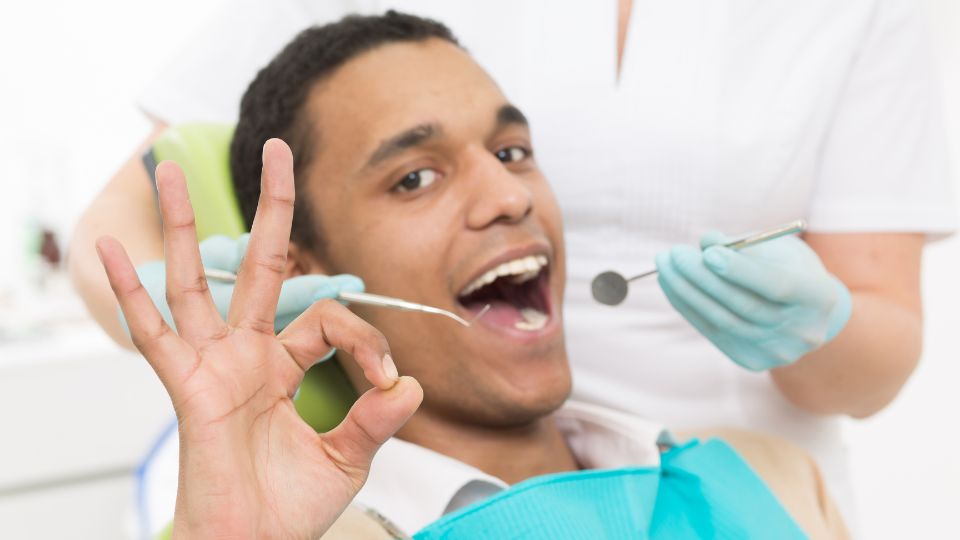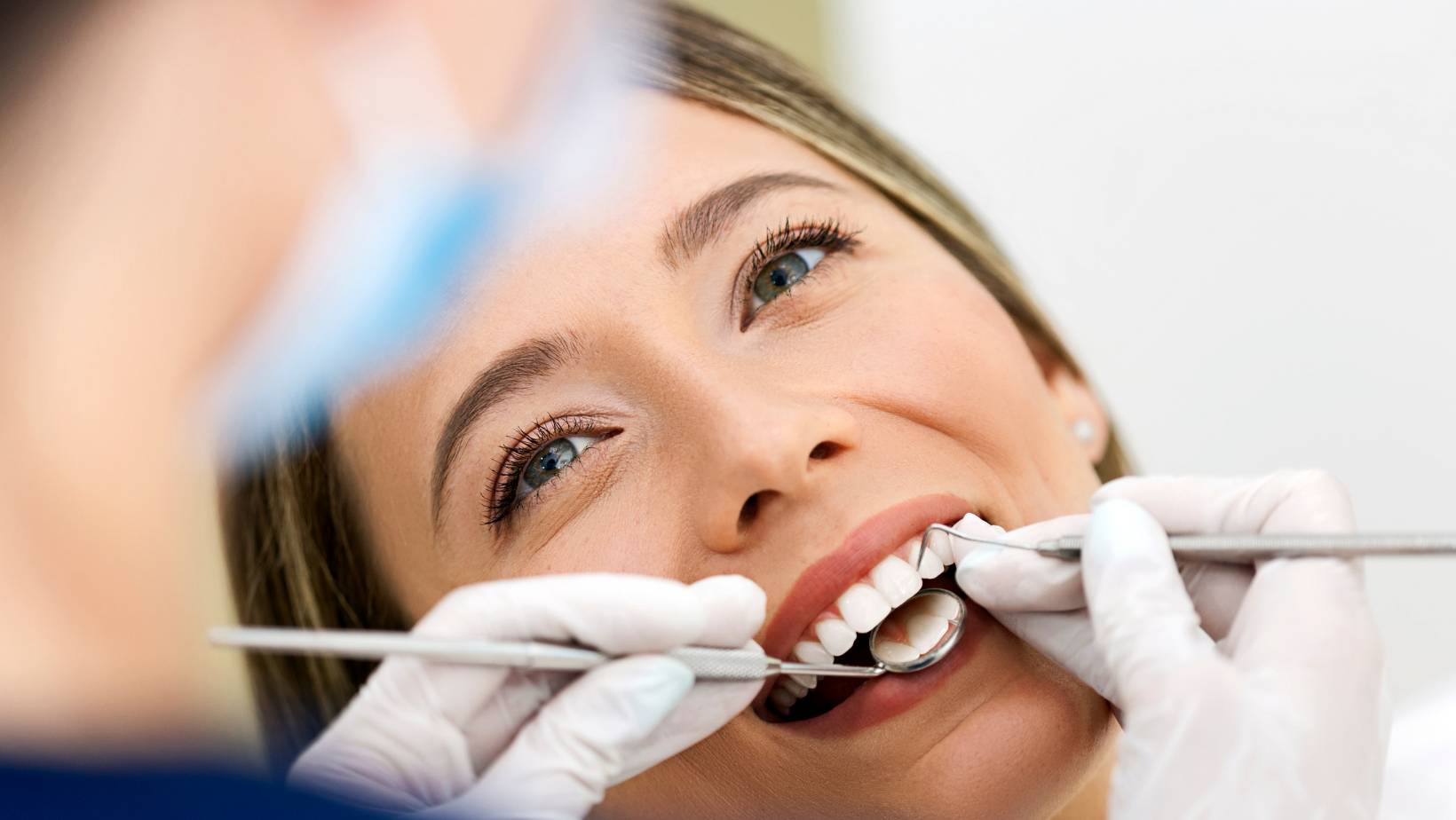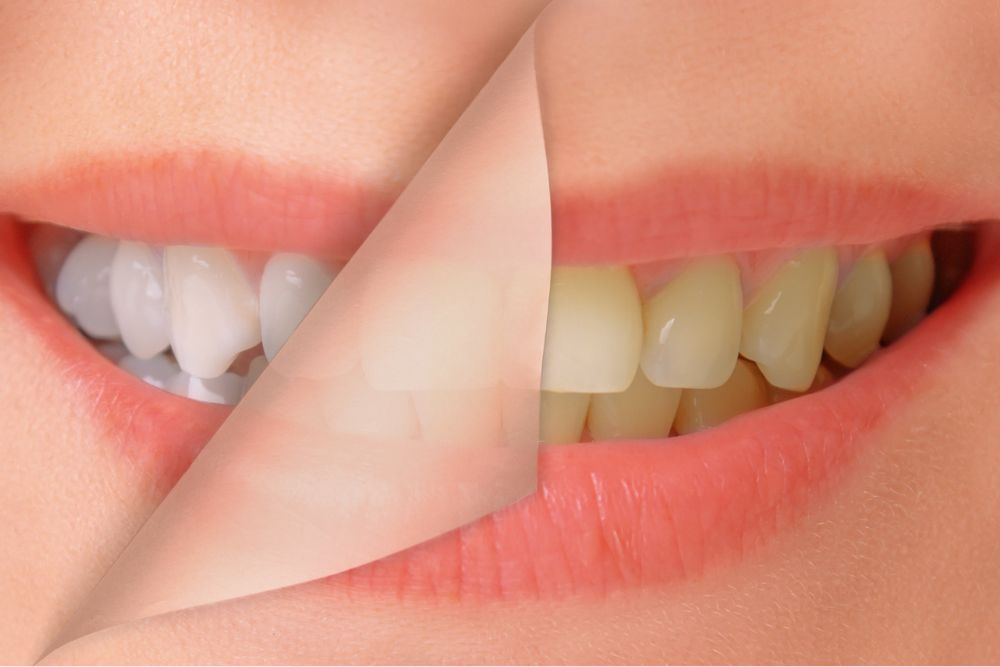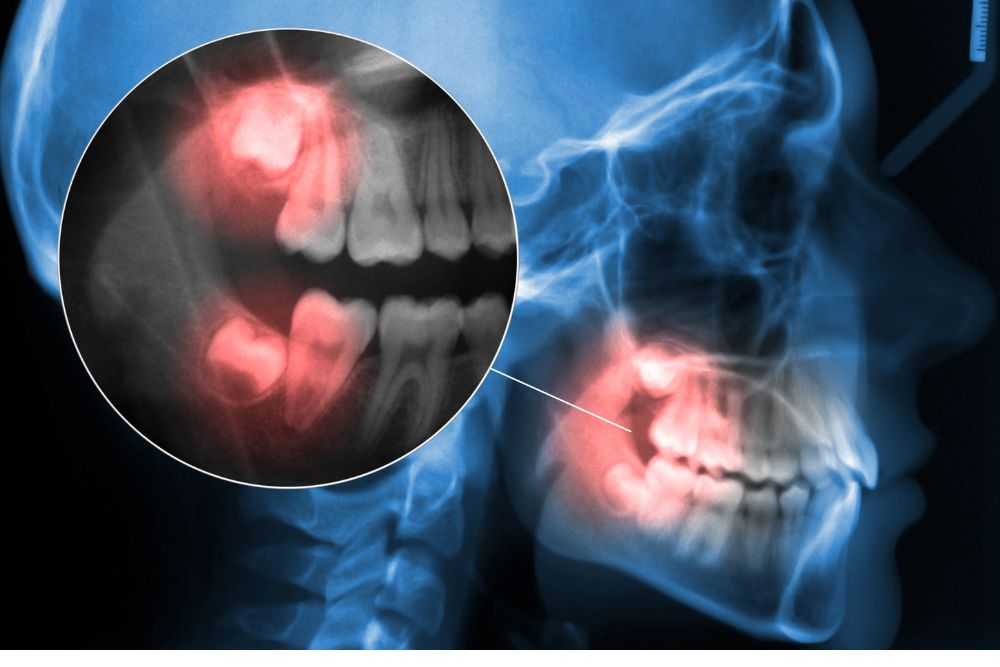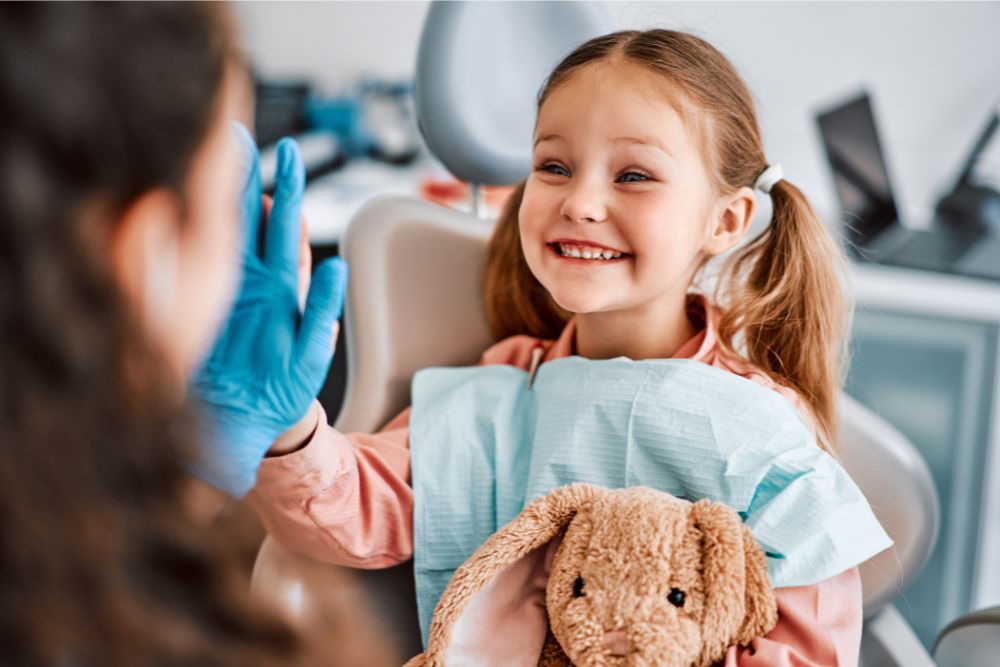Sleep apnea is a common yet potentially serious sleep disorder in which breathing repeatedly stops and starts during sleep. One of the most effective ways to address sleep apnea, particularly mild to moderate cases, is through dental devices, often referred to as mandibular advancement devices (MADs) or snoring devices. These appliances are custom-fitted by dentists and have gained popularity as an alternative to more invasive treatments. In this article, we explore how these devices work, their effectiveness, and the role of dentists in managing sleep apnea.
What is Sleep Apnea and How is it Linked to Snoring?
Sleep apnea occurs when the muscles at the back of the throat fail to keep the airway open during sleep. This leads to frequent interruptions in breathing, resulting in poor sleep quality, loud snoring, and potential health risks such as heart disease, stroke, and high blood pressure. While not all snorers have sleep apnea, many people who suffer from sleep apnea also experience chronic snoring. Thus, addressing snoring often plays a key role in managing sleep apnea.
How Does a Dental Appliance for Sleep Apnea Work?
Dental appliances for sleep apnea are designed to reposition the lower jaw and tongue during sleep, keeping the airway open. These devices work by advancing the jaw slightly forward, preventing the collapse of soft tissues in the throat that can obstruct airflow. They are usually made of plastic and resemble mouthguards. By maintaining an open airway, they reduce the number of apnea events (pauses in breathing) and help minimize snoring.
The primary mechanism of these appliances focuses on keeping the airway stable and unobstructed, allowing for continuous airflow during sleep. This can dramatically reduce the symptoms of obstructive sleep apnea (OSA), particularly in individuals with mild to moderate cases of the condition.
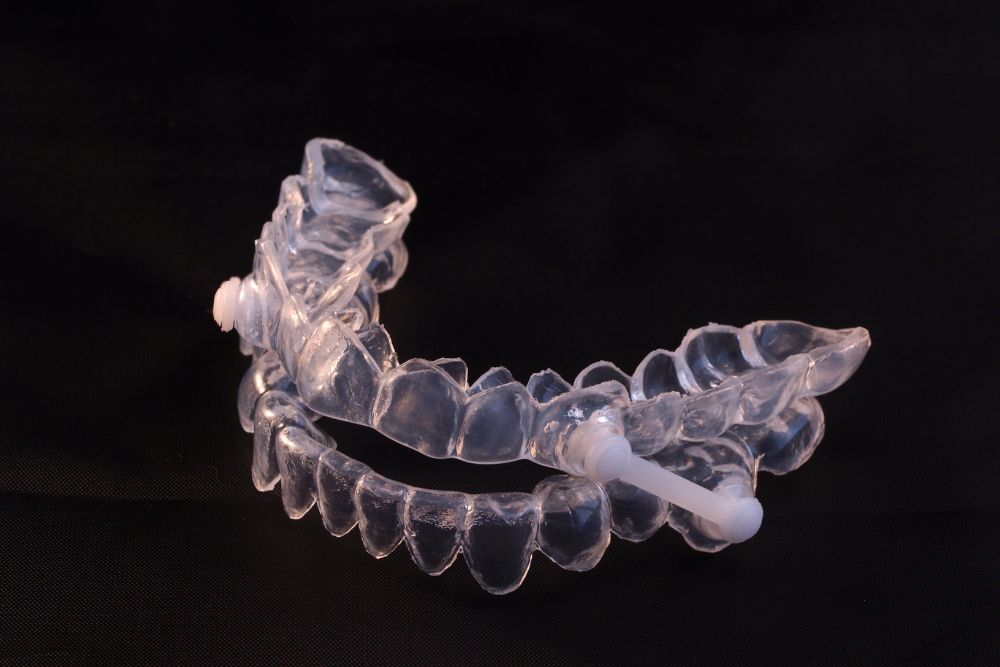
Does a Dental Appliance for Sleep Apnea Work?
Dental appliances have been proven to be an effective treatment for mild to moderate sleep apnea. For many patients, they offer a more comfortable and convenient alternative to continuous positive airway pressure (CPAP) machines, which are traditionally prescribed for sleep apnea. Research has shown that for patients who are CPAP-intolerant, dental devices can significantly reduce the number of apnea events, improve sleep quality, and reduce daytime drowsiness.
However, their effectiveness can vary depending on the severity of the condition and individual anatomy. While dental appliances may not completely eliminate sleep apnea, especially in severe cases, they can reduce its frequency and improve overall quality of life.
What is the Best Dental Device for Sleep Apnea?
The best dental device for sleep apnea is typically custom-made by a dentist or orthodontist. There are several types of devices available, but the most common are:
1. Mandibular Advancement Devices (MADs)**: These are the most widely used appliances for sleep apnea. They work by repositioning the lower jaw forward, tightening the muscles that support the airway, and preventing airway collapse.
2. Tongue Retaining Devices (TRDs)**: These devices hold the tongue in a forward position using suction, which can also help prevent the airway from becoming obstructed.
Choosing the best device depends on various factors, including the patient’s specific anatomy, the severity of their sleep apnea, and personal comfort preferences. A dentist will take impressions of the patient’s teeth and create a customized appliance that fits snugly in the mouth.

Can a Dentist Prescribe a Sleep Apnea Machine?
Yes, a dentist trained in sleep medicine can prescribe oral appliances for sleep apnea and, in collaboration with a physician or sleep specialist, may help manage a patient’s sleep apnea treatment plan. However, only a medical doctor can prescribe a CPAP machine, which is the standard treatment for moderate to severe sleep apnea.
Dentists play a crucial role in managing sleep apnea by providing non-invasive, customized oral appliances that can replace or supplement CPAP therapy. In cases where the patient is CPAP-intolerant or prefers an alternative treatment, dentists work closely with sleep specialists to determine the most suitable approach.
What is the Success Rate of Dental Appliances for Sleep Apnea?
The success rate of dental appliances for sleep apnea varies depending on several factors, including the severity of the condition and patient adherence to treatment. Studies indicate that dental appliances are effective in reducing apnea events by approximately 50-70% in patients with mild to moderate obstructive sleep apnea. For many patients, the reduction in symptoms leads to significantly improved sleep quality, reduced snoring, and enhanced daytime functioning.
However, for individuals with severe sleep apnea, dental devices may not be as effective as CPAP therapy. The success of treatment is often determined through follow-up sleep studies that measure the reduction in apnea events while using the appliance.
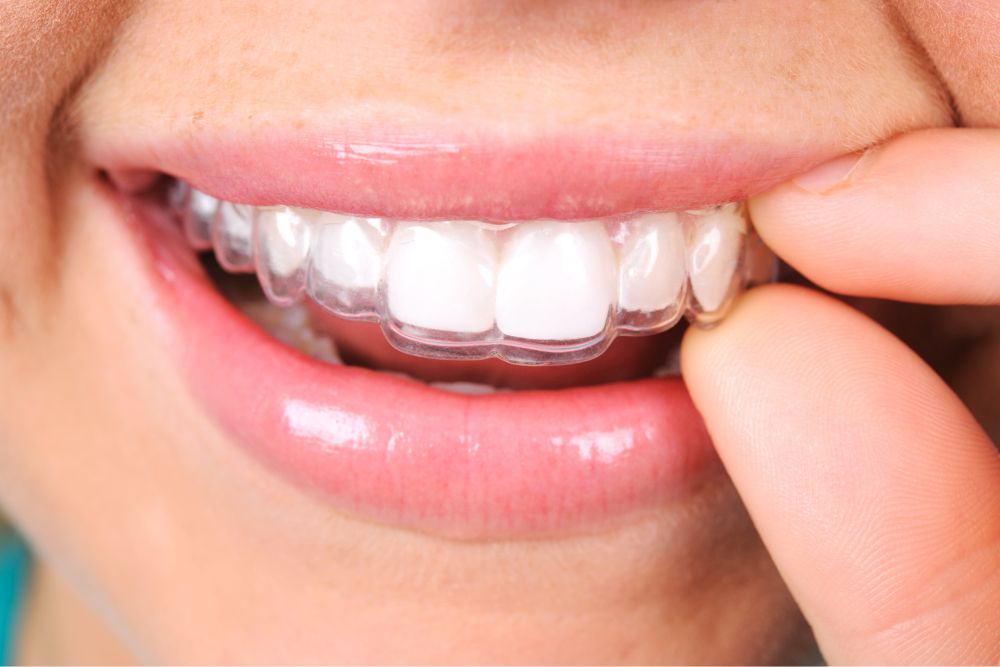
Pros and Cons of Using Dental Appliances for Sleep Apnea
Pros:
– Non-Invasive: Unlike surgery or other more invasive treatments, dental devices are easy to use and involve no recovery time.
– Portable and Convenient: These appliances are small and easy to travel with, making them more convenient than bulky CPAP machines.
– Comfort: Many patients find dental devices more comfortable and less intrusive than wearing a CPAP mask.
– Effective for Mild to Moderate Cases: Dental appliances are particularly effective for patients with mild to moderate obstructive sleep apnea.
Cons:
– Not Ideal for Severe Sleep Apnea: Patients with severe sleep apnea may still need to rely on CPAP machines or other treatments.
– Jaw Discomfort or Bite Changes: Some users may experience side effects such as jaw pain, stiffness, or bite changes after prolonged use.
– Ongoing Adjustments: Dental devices may require regular adjustments to ensure they remain effective and comfortable over time.
Is a Dental Device Right for You?
Dental devices for sleep apnea can be a life-changing solution for many individuals suffering from the condition, especially those who cannot tolerate CPAP machines. They are a non-invasive, customizable option that can reduce snoring and apnea events, improving overall sleep quality. Consulting with both a sleep specialist and a dentist is crucial to determine the best treatment plan, ensuring the chosen device is both effective and comfortable for long-term use.
If you experience symptoms of sleep apnea, including loud snoring, daytime fatigue, or waking up gasping for air, it’s important to seek medical evaluation. A combination of lifestyle changes, dental devices, or other treatments may help you achieve a better night’s sleep and improve your overall health.

